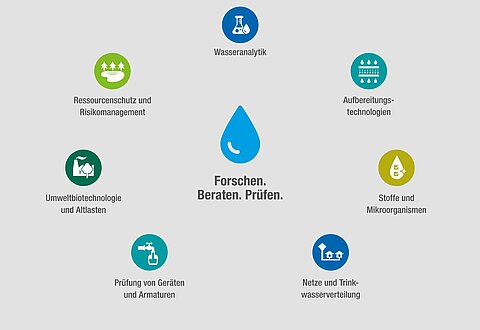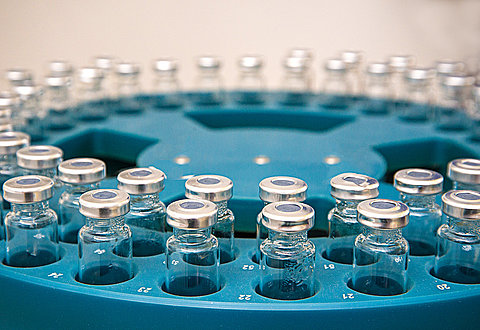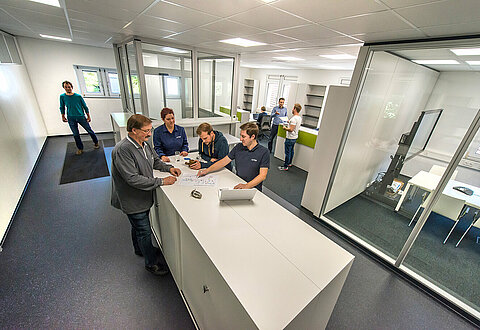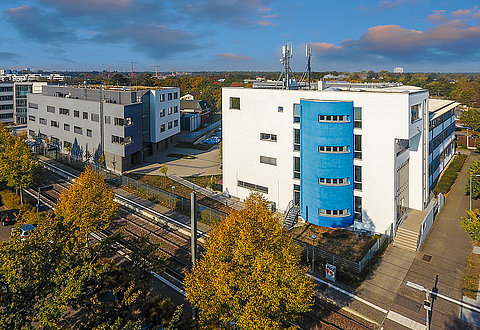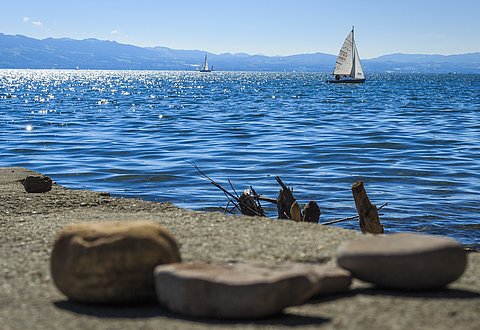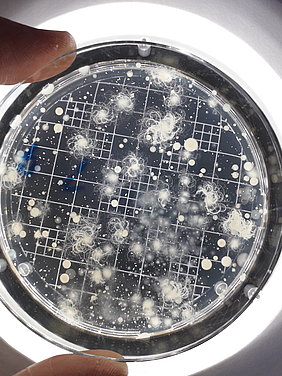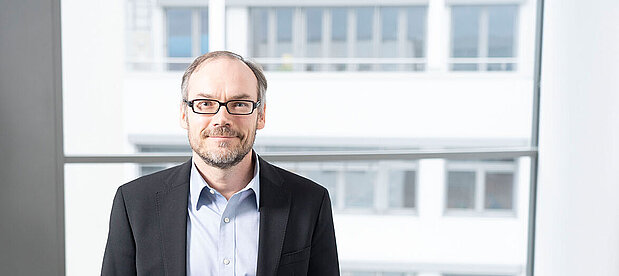The BMBF-project MultiKulti investigates the possibility of a multi-use cultivation system for not yet cultivated microorganisms out of habitats which are difficult to access.
With a total number of approximately 1030, archaea and bacteria are the most prominent life forms on Earth. However, only about 10.000 of the estimated four million microbial species have been cultivated and are available as a pure culture today. The uncultured majority represents consequently a huge knowledge gap concerning their biochemical and biotechnological potential. The most crucial challenge is to offer the right parameters for the cultivation, concerning, e.g., carbon and energy sources as well as the physical, chemical and biological boundary conditions.
The BMBF-project MultiKulti addresses this huge field of uncultivable organisms focusing on the deep biosphere, including ground water, drinking water, as well as other continental and marine ecosystems. These ecosystems share several features, like high pressures, low nutrient concentrations and low accessibility, leading to high sampling efforts and costs. The main objectives of this project are:
- Gathering of initial information and metadata of the investigated habitats (e.g. community composition, biogeochemical cycles, etc) in order to define parameters and conditions for subsequent investigations.
- Development of specialized cultivation and sampling devices, enabling to mimic environmental conditions in order to keep thriving environmental samples in the laboratories for
- Execution of systematic and reproducible experiments in order to get pure cultures of so far uncultivated species
The project is in a first, experimental stage with the aim of a feasibility study for the cultivation system.
After an initial phase with the aim of a feasibility study for the cultivation concept, the main phase of the project started in July 2021. For further information, please visit the website of the project (www.multikultivierung.de).


![[Translate to English:] Prüfstelle-Produktprüfung_Teststand Test centre and product testing](/fileadmin/_processed_/0/9/csm_TZW-Karlsruhe_Pruefung_Geraete-Teststand_444204ae51.jpg)
















